In order to enable the safe and legally compliant application in drinking water treatment, investigations into the analysis, efficacy, bioavailability and membrane permeability of commercially available antiscalants are being carried out as part of the project.
Antiscalants are chemical substances that are used to prevent deposits, especially scale, in water-bearing systems. Their use in the treatment of drinking water is common practice in Germany using reverse osmosis (RO), low-pressure reverse osmosis (LPRO) or nanofiltration (NF). The demand for RO and LF technology and therefore also the demand for antiscalants is increasing in Germany and many other EU countries. This development will be further intensified in the future facing climate change and the associated need to resort to rather problematic raw water (e.g. due to salinisation, hardness, trace pollutants, etc.).
In order to tackle challenges such as the protracting processes of necessary authorisation and approval procedures for the application of demanding RO/NF technologies, the BMBF and the DVGW had initialized the co-financed joint project KonTriSol (funding number W 201807). The aim of the project was to address open technical issues and obstacles to RO/NF technology and to derive recommendations for practical application. A further goal was to facilitate and promote the realisation of RO- and NF-based waterworks.
However, after the research project was completed in May 2023, it became clear from the available results that the original objective had only been achieved to a limited extent: Instead of paving the way for the promotion of the technology, KonTriSol revealed new key obstacles. Among other things, residues of all antiscalants authorised according to the §20 list of the German Drinking Water Ordinance were found in permeates and drinking water of corresponding plants, which represents an acute problem for the use of antiscalants in membrane filtration.
This is where the SafeRO project comes into play: The investigation and resolution of open questions and operational uncertainties regarding the use of antiscalants in drinking water treatment using reverse osmosis (RO) or nanofiltration (NF). The overall objective is to make recommendations for the necessary adaptation of the DVGW regulations on RO/NF membrane filtration. Through the involvement of the UBA, this will be directly harmonised with the regulations of the Drinking Water Ordinance.
To this end, the work programme is structured as follows:
- Analysing the status quo with regard to analytics, efficacy, bioavailability and membrane capability of commercially available antiscalants
- Establishment of analytical methods for the characterisation of phosphates, polyacrylic acids and carboxymethylinulin-based antiscalants
- Investigation of the efficacy, membrane permeability, bioavailability, toxicity and interactions of antiscalants
- Identification of the need for regulation


![[Translate to English:] Prüfstelle-Produktprüfung_Teststand Test centre and product testing](/fileadmin/_processed_/0/9/csm_TZW-Karlsruhe_Pruefung_Geraete-Teststand_444204ae51.jpg)
















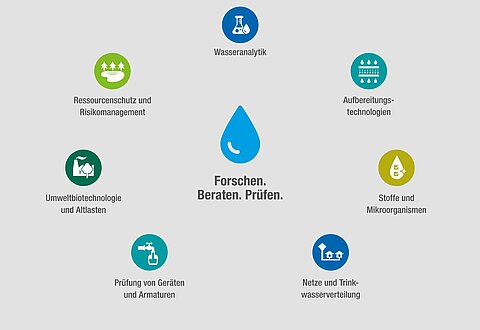
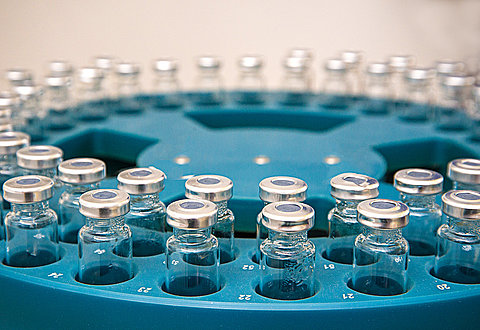
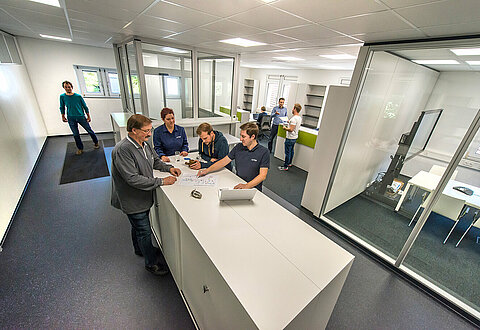
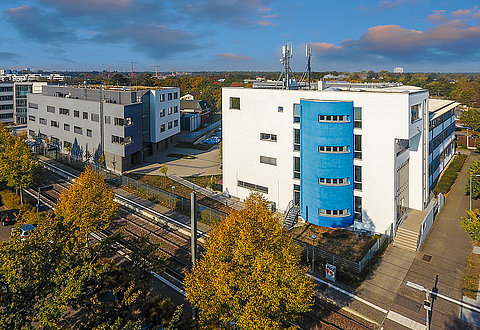
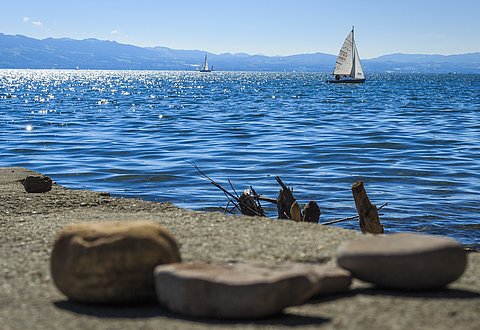


![[Translate to English:]](/fileadmin/_processed_/5/5/csm_Bild_SafeRO_Homepage_0535c4ee06.jpg)
